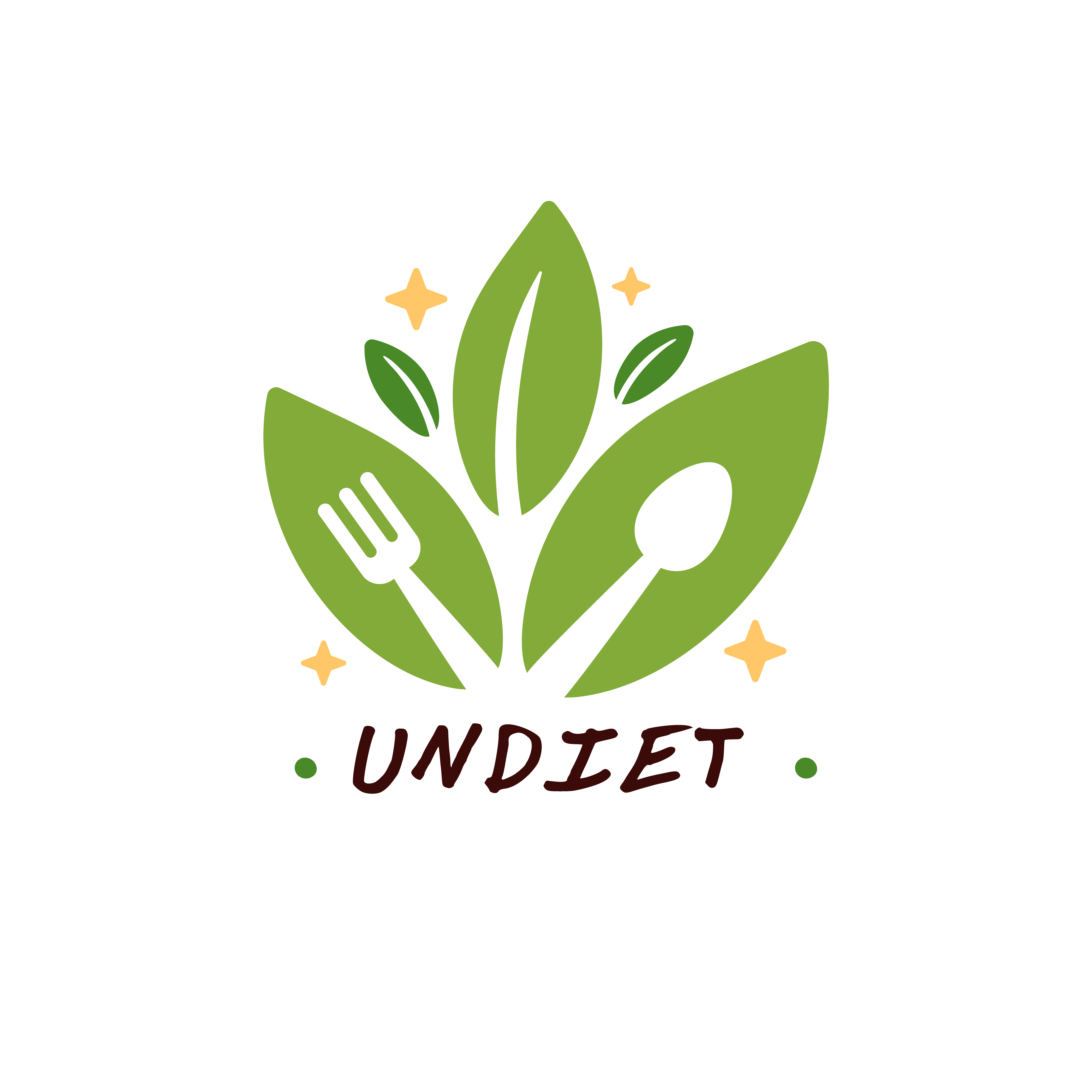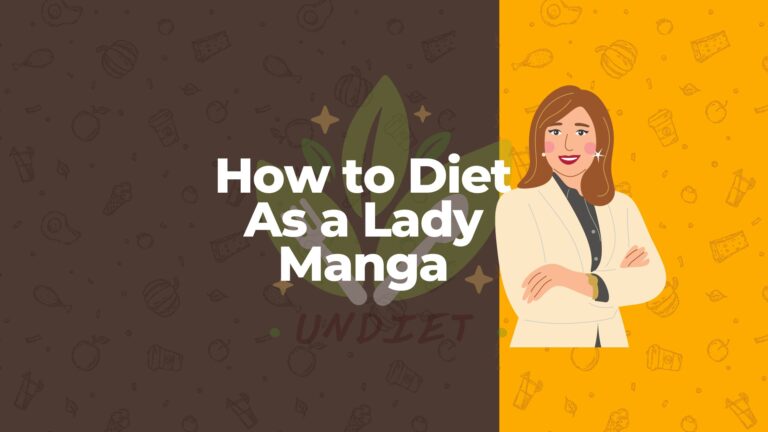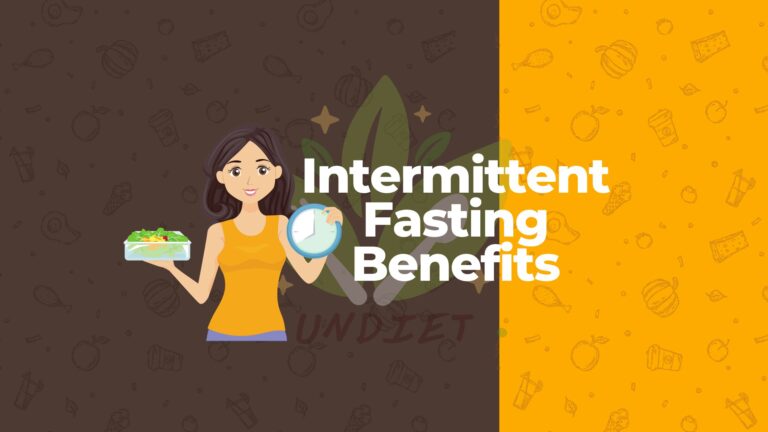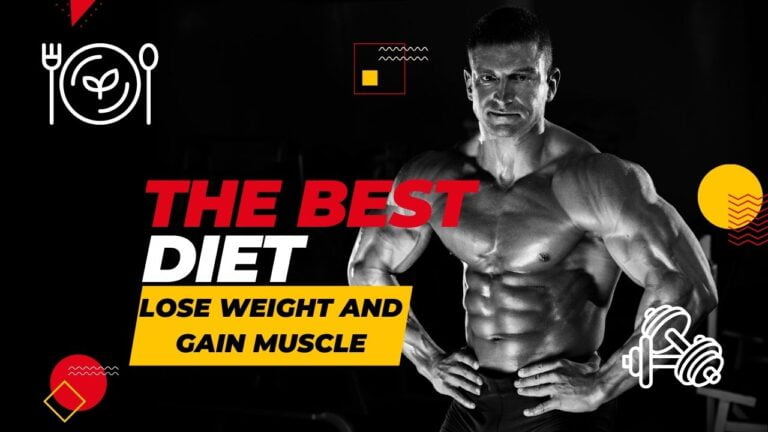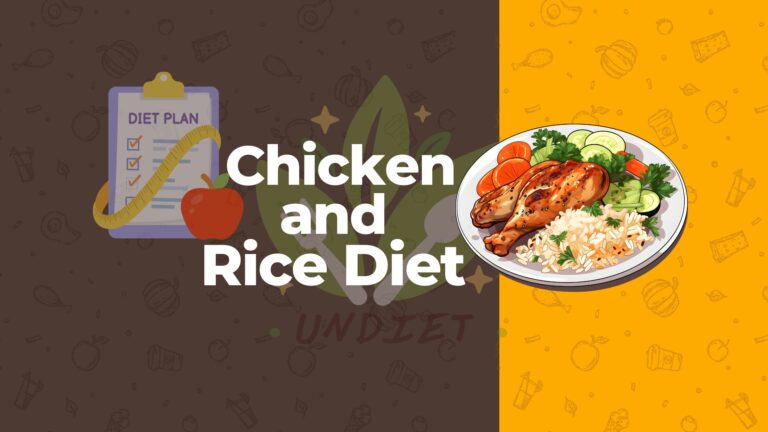High Protein Vegetarian Diets for Weight Loss
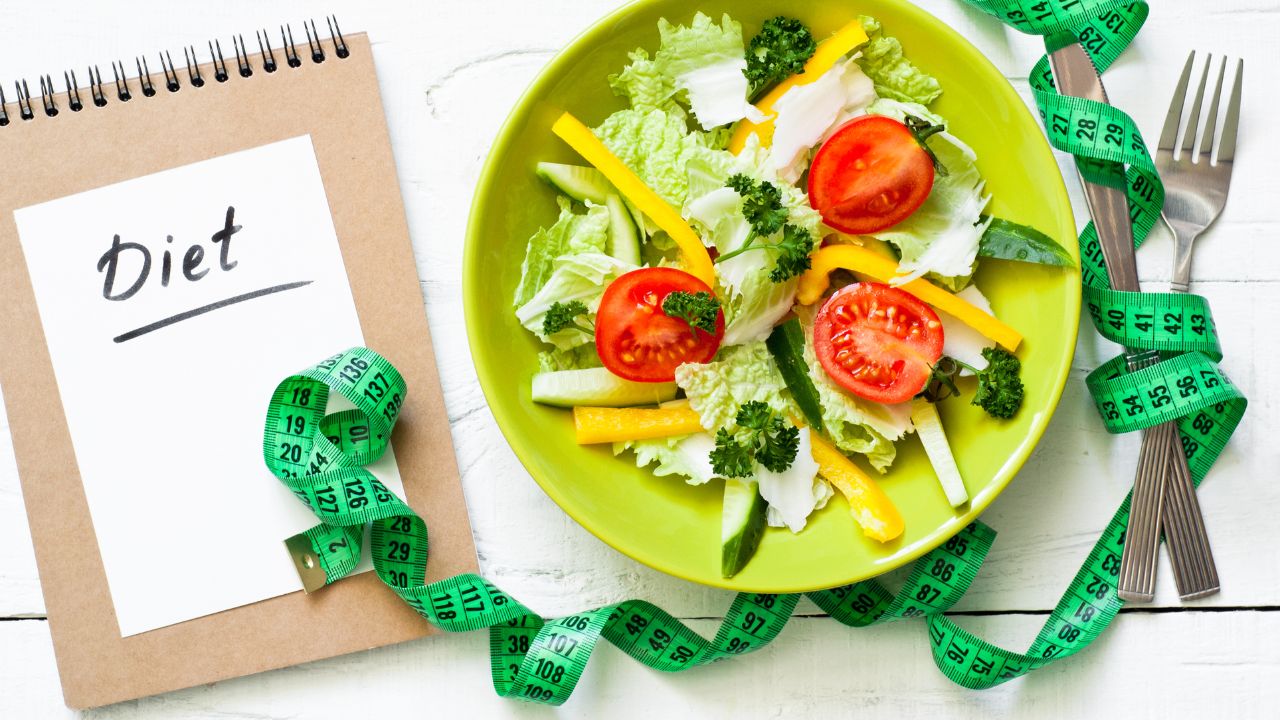
High Protein Vegetarian Diets for Weight Loss is one of the biggest questions of us. Many people use weight reduction methods that place a high priority on protein consumption in their quest for a better lifestyle. While animal products are still a common source of protein in conventional diets, the popularity of vegetarianism and veganism has made plant-based sources of this crucial nutrient more prominent. With a focus on its advantages, sources, meal planning, and implementation strategies, this article seeks to give a thorough investigation of the high-protein vegetarian diet for weight reduction.
Protein’s Function in High Protein Vegetarian Diets for Weight Loss
Protein is sometimes referred to as the body’s “building block” and is essential for many physiological activities. A high-protein diet can have several benefits when it comes to weight loss. First off, protein has a greater thermic effect on food (TEF) than fats and carbs, which means the body must use more energy to digest and assimilate it. As a result, there is a brief rise in metabolic rate that helps in calorie burning. Protein is also a very filling food. Including enough protein in meals can help regulate hunger and lower the risk of overeating, which eventually helps create the calorie deficit required for weight reduction. Additionally, protein consumption protects lean muscle mass during weight reduction, reducing the slowdown in metabolism sometimes linked to calorie restriction.

Plant-Based Sources of Protein
For people wishing to satisfy their protein demands without turning to animal products, a wide variety of nutrient-rich plant-based alternatives are available. In addition to being top-notch sources of protein, legumes like lentils, chickpeas, and black beans also offer a significant quantity of fiber that promotes digestive health. The soy-based products tempeh and tofu are flexible substitutes with a texture like that of meat. Quinoa is a complete protein that is a significant complement to plant-based diets since it includes all nine necessary amino acids. Almonds, chia seeds, and pumpkin seeds are examples of nuts and seeds that supply protein and heart-healthy lipids. Furthermore, due to their high protein content and nutty tastes, ancient grains like farro and freekeh are becoming more and more well-liked. Since it contains a high amount of protein and is manufactured from wheat gluten, seitan is a mainstay in vegan diets. In addition to helping with satiety and muscle maintenance, these plant-based protein sources also contain a variety of vitamins, minerals, and antioxidants that enhance general health.
Successful Meal Planning
A deliberate approach to managing your food, successful meal planning makes sure you eat well-balanced, nutrient-dense meals throughout the day. It entails giving careful attention to your dietary requirements, tastes, and lifestyle, which eventually results in more effective grocery shopping, less food waste and enhanced general health. Assess your daily caloric and nutritional needs first depending on your age, gender, amount of exercise, and health objectives. Include a wide range of dietary categories, such as whole grains, lean proteins, plenty of fruits and vegetables, and healthy fats. Lean meats, fish, and plant-based choices including beans, lentils, tofu, and nuts are all examples of sources of protein. Consistent energy and fiber are provided by whole grains like brown rice, quinoa, and whole wheat pasta, which also assist with digestion.
Plan your meals and snacks for the week after you have a general concept of your nutritional objectives. Consider including seasonal food, which is frequently more inexpensive and fresher. Preparing greater quantities of basic ingredients like grains, meats, and roasted vegetables for use in numerous meals may save time and work. To maintain proper serving sizes and prevent overeating, portion your meals into individual containers.
Successful Meal Planning for High Protein Vegetarian Diets for Weight Loss
Planning meals successfully requires flexibility. Allow for some spontaneity and modify your strategy as needed in response to unforeseen events. For hectic days, keep nutritious convenience meals like pre-cut vegetables, canned beans, and whole grain wraps available.
Planning meals effectively also requires thoughtful grocery shopping. To prevent impulse buys, make a thorough shopping list based on your scheduled meals. Limit your purchases from the inside aisles, which frequently include processed and sugary meals, and stick to the periphery of the shop, where fresh vegetables, lean meats, and dairy products are generally found.
To avoid monotony and increase the enjoyment of eating, incorporate a diversity of flavors, textures, and cuisines. To keep meals interesting, experiment with different dishes and cooking techniques. Remember that effective meal planning isn’t about following precise rules; rather, it’s about fueling your body while relishing the selection, preparation, and savoring of your meals. This routine eventually develops into a healthy habit that benefits your well-being.
Implementation Suggestions
To promote a balanced food intake, diversify your protein sources by alternating between several plant-based proteins. Additionally, this avoids monotony and keeps meals interesting. Watch Portion Sizes: Although plant-based proteins are healthy, portion control is essential for keeping calorie consumption under control. To minimize unintended overeating, be conscious of portion proportions. Including entire meals: Opt for entire, less processed meals rather than highly processed meat alternatives. Whole foods provide a larger variety of nutrients and improve general health. Plan Ahead: Making meals and snacks ahead of time will help you avoid making impulsive food decisions that might not be in line with your weight reduction objectives. Drink enough water to stay hydrated; doing so helps with metabolism, digestion, and general health. Dehydration can occasionally be blamed for making someone feel hungry.
Conclusion
Utilizing the nutritional strength of plant-based proteins, the high-protein vegetarian diet for weight loss is a method supported by research. Individuals may effectively reach their weight reduction objectives while taking pleasure in a diet full of nutrients and taste by using smart meal planning and a variety of protein sources. By comprehending the function of a protein, investigating various plant-based sources, and putting practical advice into practice, starting on this path can result in not only weight loss but also the adoption of a better and more active lifestyle.
Frequently Asked Questions (FAQs)
What is a High Protein Vegetarian Diet for Weight Loss?
A Protein Vegetarian Diet for Weight Loss is a dietary approach that combines a vegetarian lifestyle with a focus on consuming ample amounts of protein to support weight loss goals. This diet is designed to provide the necessary nutrients and energy for individuals who want to shed excess weight while adhering to a vegetarian or plant-based eating pattern.
How does a High Protein Vegetarian Diet work for weight loss?
The Protein Vegetarian Diet works by prioritizing protein-rich foods, which can help increase feelings of fullness, support muscle maintenance, and boost metabolism. Protein requires more energy to digest compared to fats or carbohydrates, which can potentially lead to a higher calorie expenditure. By choosing vegetarian sources of protein, individuals can reduce their overall calorie intake while still meeting their nutritional needs.
Can a vegetarian diet give one enough protein to lose weight successfully?
Absolutely! Protein-rich plant-based foods include beans, lentils, tofu, and quinoa. You may easily achieve your protein requirements while working toward your weight reduction goals with proper meal planning and diversity.
How can a diet high in protein aid in weight loss?
A high-protein diet increases metabolism because of the greater thermic action of the meal, aids in appetite control by increasing fullness, and keeps lean muscle mass, all of which assist in controlling hunger and support healthy metabolism while losing weight.
What are some excellent vegetarian sources of plant-based protein?
You can get enough protein from legumes (like chickpeas and black beans), soy products (like tofu and tempeh), nuts (like almonds and walnuts), seeds (like chia and pumpkin), and grains (like quinoa and amaranth).
Can a high-protein vegetarian diet still provide me with all the nutrients I need?
Absolutely. To guarantee a well-rounded food intake while focusing on protein, be sure to incorporate a mix of vegetables, fruits, whole grains, and healthy fats. To make sure you’re taking care of all your dietary needs, think about speaking with a licensed dietitian.
Does a high-protein vegetarian diet have any possible drawbacks?
Getting enough diversity to prevent taste weariness can be difficult. Additionally, mixing diverse sources of protein (such as beans and rice) helps guarantee that you obtain all the necessary amino acids because certain vegetarian protein sources may not be complete proteins. Finally, portion management is crucial to prevent consuming too many calories.
